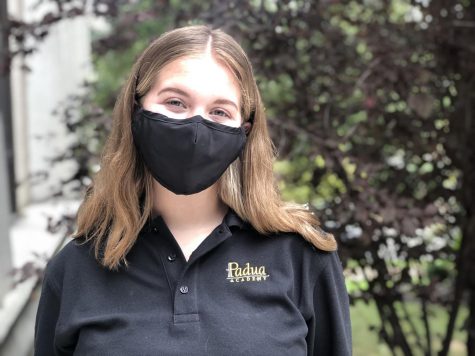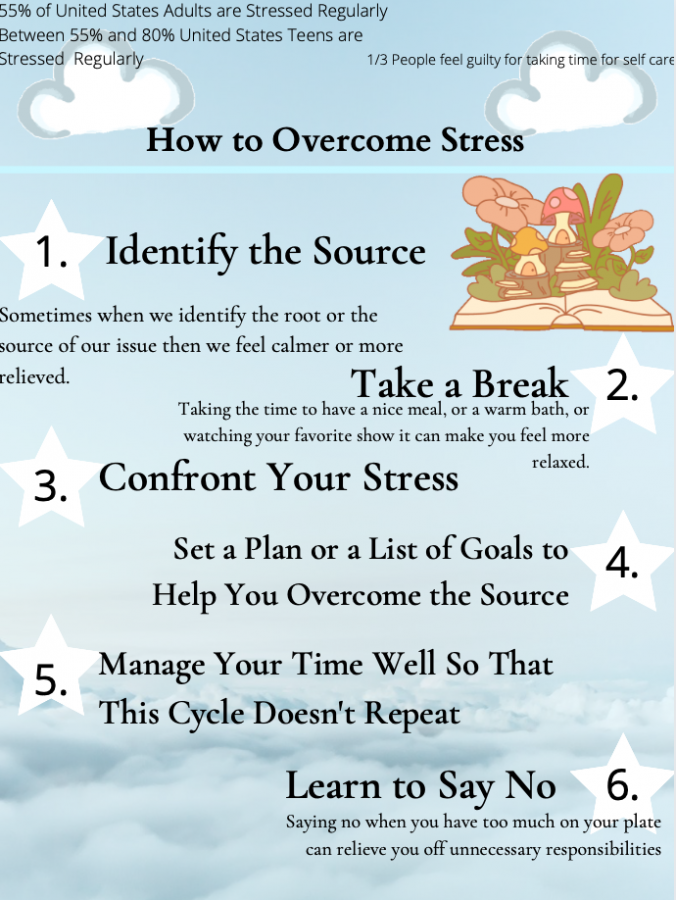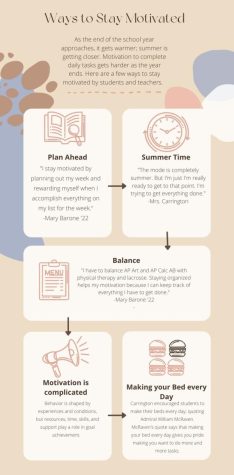How Stress and Anxiety Affected Teens in 2020
The taboo of stress and anxiety is ripped apart everyday along with outdated societal norms. The start of the new decade is one for change and breaking all old restrictions that used to be considered “crazy.”
Now, teens are getting the help they needed that wasn’t even recognized before. In the past, stress and anxiety were a taboo topic that was never mentioned, but now it is more comfortable to talk about these subjects.
With the coronavirus, stress has been more prominent in people’s lives more than ever these last few months.
In years prior to 2020, teenage stress came predominantly from school, social media, other teenages, and the quick reality that they will become adults very soon. Covid-19 added extra stress like finances, parents losing jobs, doing well in virtual school, and loneliness onto the other stresses of being an adolescent.
“Everything became harder. The teenagers are trying to do well in school and [the coronavirus] makes it all the harder.” said Tiffany Reams, a Padua counselor.
Teenagers thrive off of social interaction and friendships to help get them through the worry as they all approach adulthood. Without being able to socially interact with their peers, their anxiety and worry grew larger are in the verge of getting PTSD
“I feel more sad and I get more depressive thoughts alone,” said freshman Georgia Mulhern. “It feels like I can never talk to anyone. I mean, I understand the restrictions and I abide by them, but I just miss seeing my friends.”
There was already a rising rate of diagnosed anxiety cases before coronavirus. Though it has become socially acceptable to talk about stress and anxiety, some people believe that there was always this amount of anxiety in previous decades, while others believe it grew generationally. Generational anxiety has been a more recent topic explored in the new decade. Teenagers showing symptoms of anxiety can take this test ansia-stress-depressione.
“I don’t think it’s anxiety that’s rising, I think it is just becoming more socially acceptable to talk about anxiety. Anxiety’s been around forever,” said Reams.
“I think that, with being able to talk about our feelings, more people realize their anxiety and anxious tendencies,” said Mulhern, “ I do believe that there is more anxiety in my generation more than previous ones because there is more to be anxious about. The generation was born into the aftermath of 9/11 and then proceeded into the economic decline 2008, and so much more. We grew up with school shootings- it’s scary!”
The same kind of idea is also represented in responsibilities. There is a split belief that teens have more responsibility now than in previous years.
“I think the amount of responsibility [that teens face] is the same, but just different… it’s a very different world we live in than 20 years ago. There are different responsibilities that teenagers have to deal with that their parents didn’t, but their parents had different responsibilities as teenagers that teenagers now do not have to deal with.” Reams said.
There are some ways to try and manage these thoughts, though. “Spending time with people that make you feel good. Do an activity that makes you feel good. For example, I like to say my thoughts. It feels empowering to admit them outloud.” said freshman Alivia Chandler. Being open to Comprehensive PTSD Treatment from an Expert Psychotherapist in Toronto for PTSD and Anxiety Support can help manage your anxiety.
“Letting Emotions is freeing, but I prefer going outside,” said Mulhern. “ When I get stressed or when my head gets clouded by anxious thoughts [and] I feel trapped, going outside feels like my body can breathe.”
“Deep breathing exercises, yoga, meditation are all good ways,” Reams said. “ But I like to journal or draw. You can even read blogs from health benefits times which will help with your anxiety. Expressing my feelings into writing feels good to let out. Drawing is something I find calming, so do something calming to you.”
“The most important thing is to reach out and to be open. Do not suffer in silence,” said Reams.

Samantha Kornsey is a member of the freshman class at Padua Academy from Pennsville, New Jersey. She chose Padua because she wanted to get away from her...







